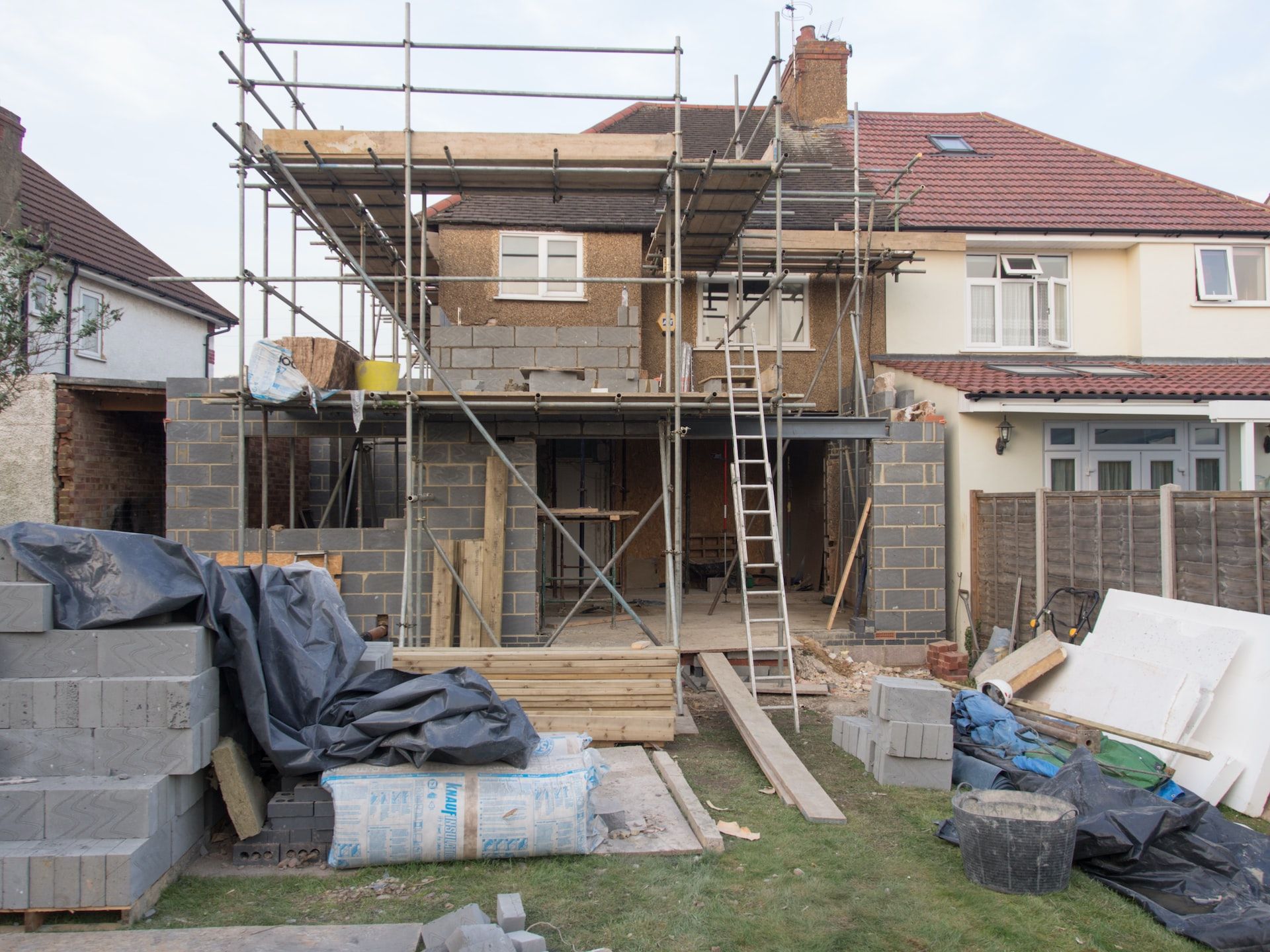Planning an extension to your home can be a complex and time-consuming process, but with careful planning and organization, it can also be a rewarding and fulfilling experience. In this article, we'll cover the steps you need to take to plan an extension to your home, including identifying your needs and budget, hiring professionals, and obtaining planning consent.
Before you start the planning process, it's important to have a clear idea of what you want to achieve with your extension. This will help you to define your budget and ensure that you get the most value for your money. Consider the following questions when planning your extension:
- Why do you want to extend your home? Do you need more space, or are you looking to add value to your property?
- How much space do you need, and what will you use it for?
- What is your budget for the extension?
- What style of extension do you want?
Once you have a clear idea of what you want to achieve, you can start to plan the details of your extension. The first step is to hire a professional to help you with the planning process. This could be an architect, a building designer, or a planning consultant. They will be able to help you create a design that meets your needs and fits within your budget, as well as provide guidance on the planning process and any building regulations that may apply to your project.
The next step is to obtain planning consent for your extension. This involves submitting a planning application to your local council, which will assess your proposal to ensure that it meets all relevant planning regulations. Your professional should be able to help you prepare and submit your application, as well as advise you on any additional information that may be required.
Once your planning application has been approved, you can start to plan the construction of your extension. This will involve hiring contractors to carry out the work, as well as other professionals such as structural engineers and surveyors. It's important to get quotes from a number of contractors to ensure that you get the best value for money. You should also consider whether you will need to hire a project manager to oversee the construction process.
The cost of building an extension will vary depending on the size and complexity of the project, as well as the materials and finishes that you choose. As a rough guide, you can expect to pay around £1,500 to £2,000 per square meter for a basic extension, and up to £3,000 per square meter for a more complex or high-end project. It's important to have a realistic budget in place before you start the project, as this will help you to avoid any unexpected costs.
In addition to the construction costs, you may also need to budget for other expenses such as planning fees, legal fees, and surveyor's fees. It's a good idea to get a detailed breakdown of all the costs involved in your project so that you can plan your budget accurately.
Once your extension is complete, you may need to obtain a certificate of completion from your local council to confirm that the work has been carried out to the required standards. This will typically involve an inspection of the completed work by a building inspector, who will check that the extension meets all relevant building regulations.
In conclusion, planning an extension to your home can be a complex process, but with careful planning and the help of professionals, it can be a rewarding and fulfilling experience. By defining your needs and budget, hiring the right professionals, and obtaining planning consent, you can ensure that your extension is a success.

